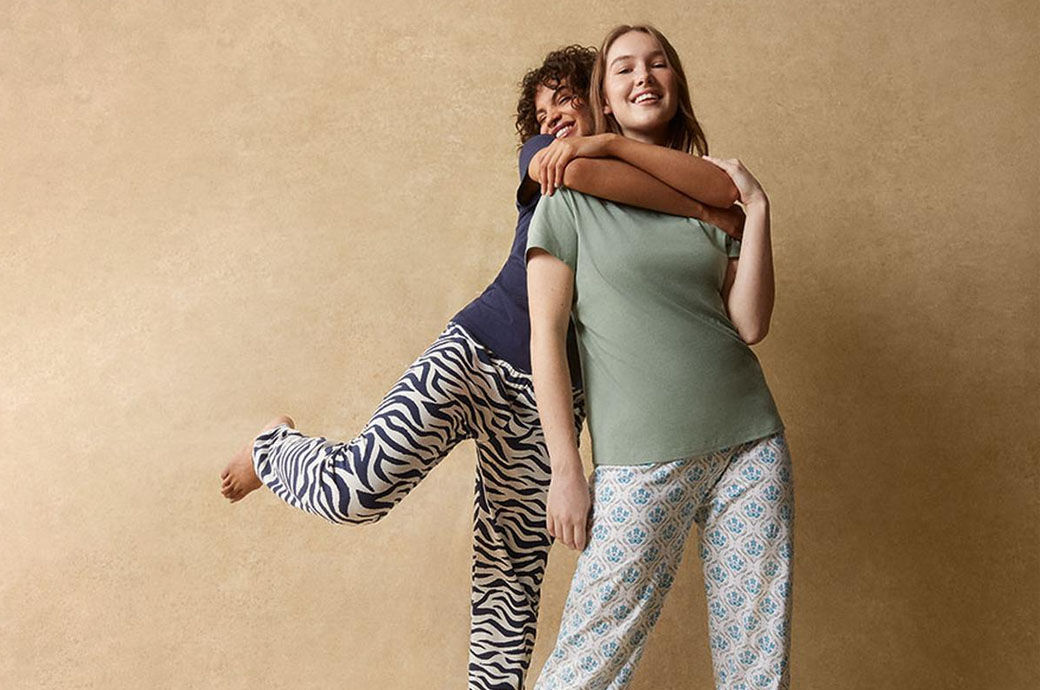
The Primark Durability Framework draws on insights from global environmental NGO WRAP and its Textiles 2030 initiative, alongside research from environmental charity Hubbub and the University of Leeds (UOL) School of Design, and Primark’s own experiences, to outline guidance for clothing durability. By making the framework publicly available, Primark aims to drive a positive dialogue on the topic among industry peers and partners. The global fashion retailer will also use the framework to help continue to boost the lifespan across its clothing.
Vicki Swain, Product Longevity and Partnerships Lead, Primark Cares said: “When we find clothes that we love, we wear them again and again and again. The Durability Framework will support on delivering enhanced durability across our ranges, meaning that customers can continue to wear their favourite clothes for longer. It’s an important step towards our goal of strengthening the durability of our clothing by 2025. We’re proud to be publishing these guidelines and hope it will encourage wider conversation.”
What is the Primark Durability framework?
As signatories to the Textiles 2030 initiative, Primark benefited from the support and advice of WRAP’s expert team throughout the creation of the Primark Durability Framework. This helped inform the decision to include two pillars of testing: Extended Washing and Physical Quality testing. Beneath each pillar, we have determined three additional tiered levels that build on our existing Minimum Compliance level: Foundational, Progressive and Aspirational. This structure is designed to be flexible to allow for change and improvement over time. Since January 2024, most of Primark’s clothing has been washed as per care label, to the aspirational level of 45 washes to build a data set on the performance of different clothing groups. The framework is anchored by the continuous improvement principles Primark uses across its operations so that durability is sewn into every part of the clothing lifecycle.
The framework is a result of working with many different stakeholders who are helping Primark work towards fulfilling the brand’s Primark Cares commitment of making affordable clothes designed to last. In partnership with Hubbub, an environmental charity, Primark set out to explore aspects of the longevity of clothes. As part of this journey, research was commissioned from the UOL School of Design. It tested clothing priced from £5 to £150 against specific wash and performance standards. The findings revealed that some of the more affordable clothing performed just as well as, or even better than, more expensive ones. For example, the test results for the top three women’s and men’s t-shirts showed that their performance was very similar, but the prices varied a lot. Out of the 33 t-shirts tested, the data showed that price doesn’t predict how durable a t-shirt will be, nor does it indicate differences in durability between shirts. Paying double for a t-shirt doesn’t mean it will last twice as long. In some cases, spending more actually gets you a t-shirt with worse durability compared to lower-priced options. Through this research Primark wanted to show that all garments deserve to be cared for equally, regardless of their price.
Repair is a key part of extending clothing’s lifespan. Since launching its ‘Love it for Longer’ repair workshop programme in 2021, Primark continues to roll out workshops across Europe, teaching easy mending and hand sewing skills to encourage people to love their clothes for longer. As reported in last year's Primark Sustainability & Ethics report, over 100 workshops were run in stores across the UK, Republic of Ireland, Netherlands, and France and offered 1,600 free places to encourage people to extend the lifespan of their clothes.
Catherine David, Director of Collaboration, WRAP commented: “Extending clothing life by 9 months can reduce carbon, waste, and water footprints by up to 30%. If we can help people wear their clothes for longer, we can make an impact on the environmental footprint of the clothing sector. We're pleased to work with Primark as they explore ways to help customers keep their clothes in use longer, including supporting the Primark Durability Framework."
Alex Robinson CEO, Hubbub said: “We’re always collaborating with partners to tackle tricky topics in a way that everyone can easily understand. With Primark, we busted the myth that clothing is only durable at higher prices, by testing the physical durability of garments, led by the UOL School of Design. Driving awareness around clothing durability helps shoppers understand the value of their clothes and how to keep pieces in the best condition, for as long as possible.”
*Clothing that needs handwashing or dry cleaning is currently not part of the framework.
Fibre2Fashion News Desk (RM)